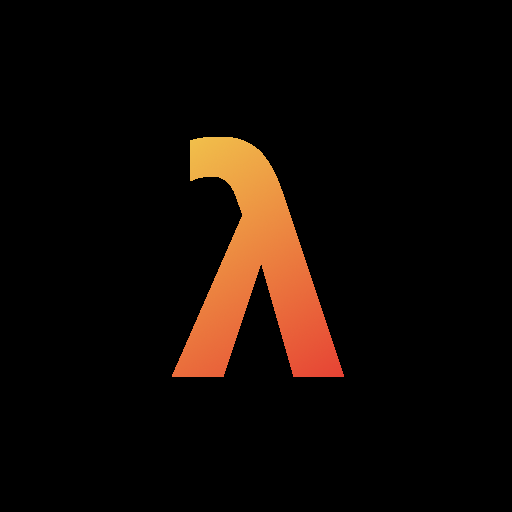I like Ardour. It’s got everything you need. It’s what I’ve been using for the past couple years now. It even supports VST2/VST3 plugins through WINE
I also recommend using yabridge to set up Windows plugins to work on Linux, but be warned there is risk of compatibility issues with plugins on Linux when buying new ones!
EDIT - Resources:
- Ardour website - https://ardour.org/
- Recommend installing from your package manager tho
- Yabridge tool - https://github.com/robbert-vdh/yabridge
- A few plugins that work:
- Drum kit plugin I like (free) - https://www.powerdrumkit.com/
- Voxengo SPAN (Frequency Analyzer, also free) - https://www.voxengo.com/product/span/
- Luciano Dato’s Noise-Repellant (free) - https://github.com/lucianodato/noise-repellent
- Typically use the built in LPF/HPF, Graph Eq, Reverb, and Compressor plugins. They work great
Wait a little while and low key Audacity 4 might release a fully capable DAW as well now that it’s adding better clip support, plugin support, non-destructive editing for some effects like compression, reverb, etc. Of course, it will be mainly for if you do a lot of recording. For electronic, Ardour would probably be better even after Audacity 4 releases.














Another reason why raw pointers are superior to object nonsense
Isn’t “explicit is better than implicit” part of the Zen of Python?